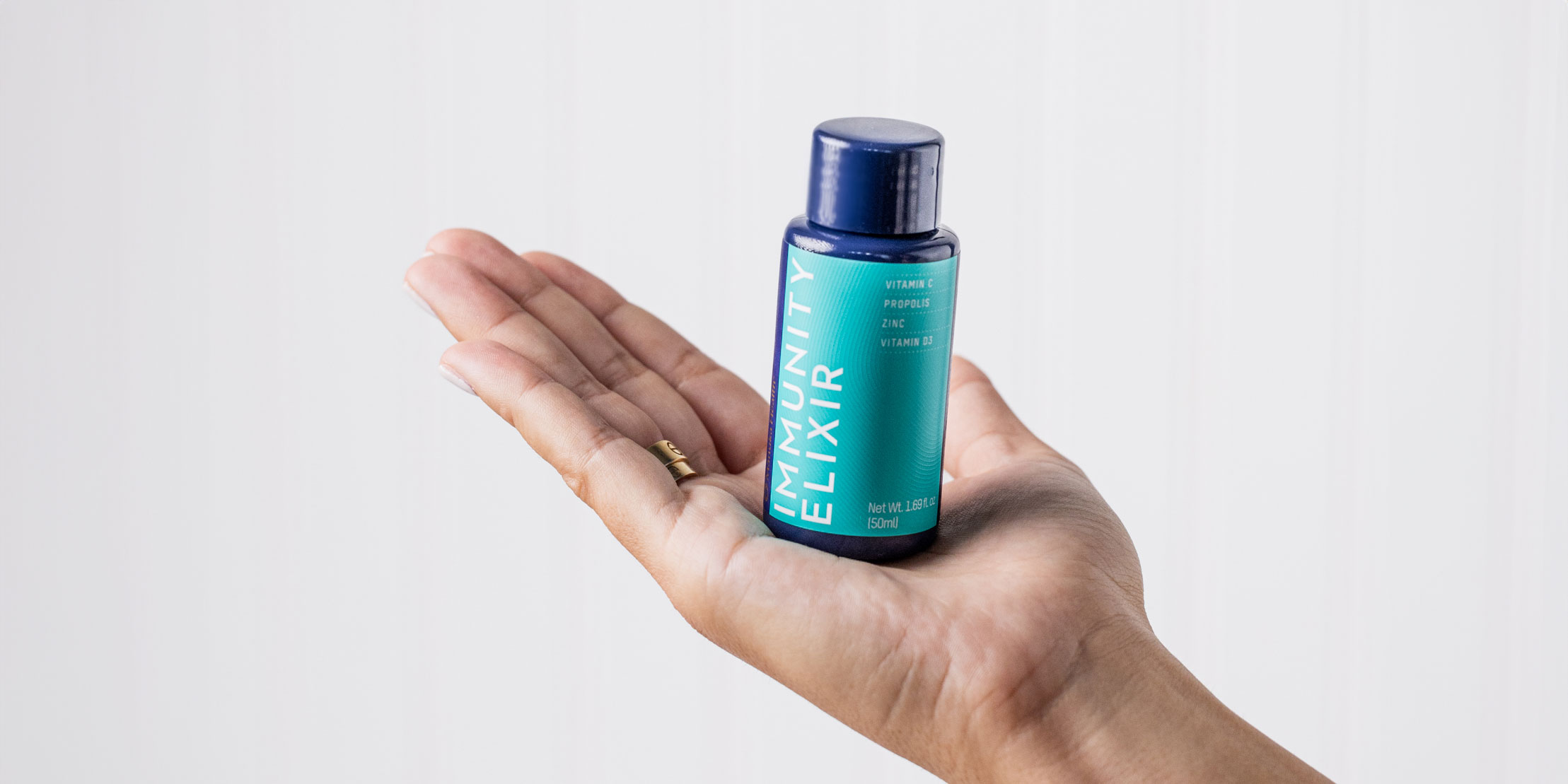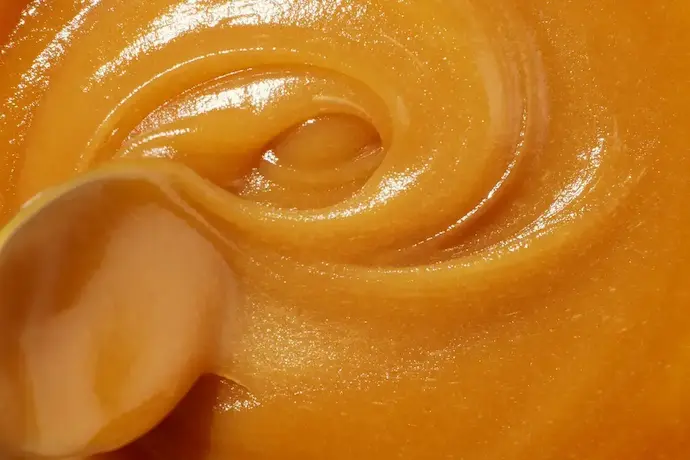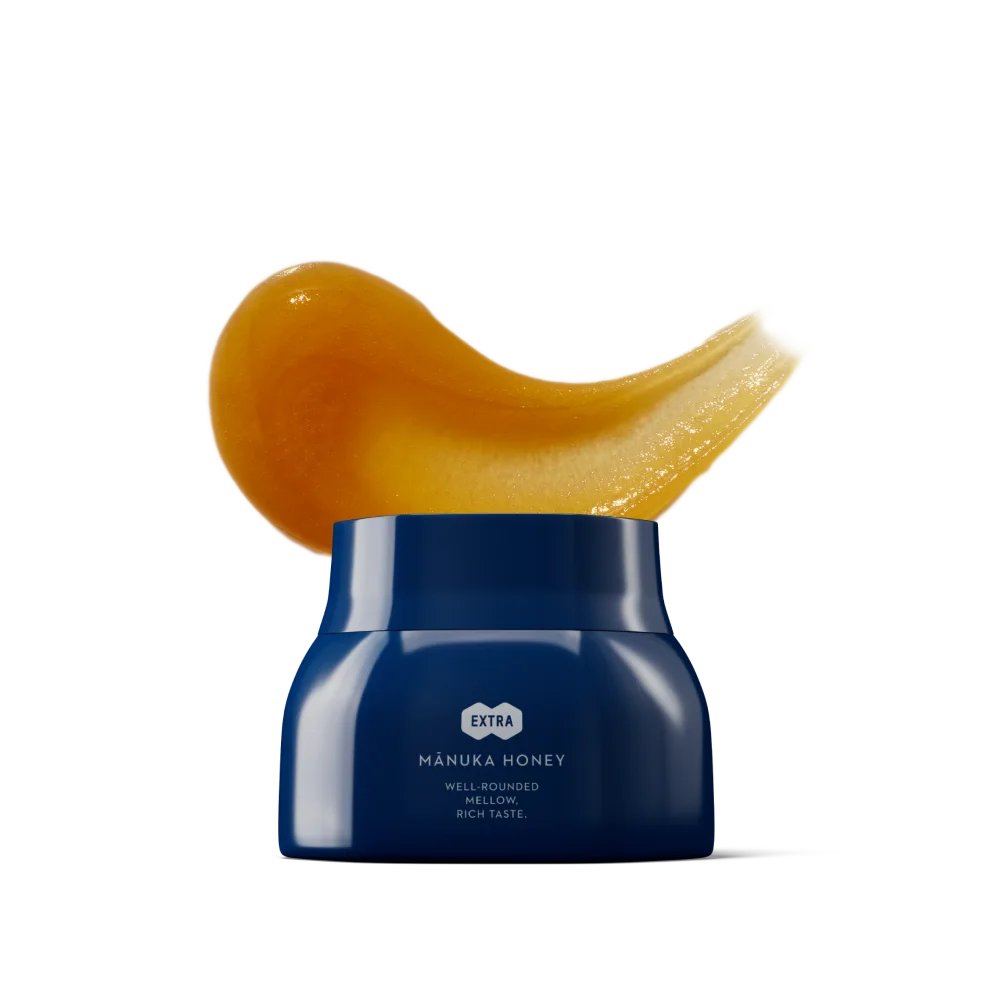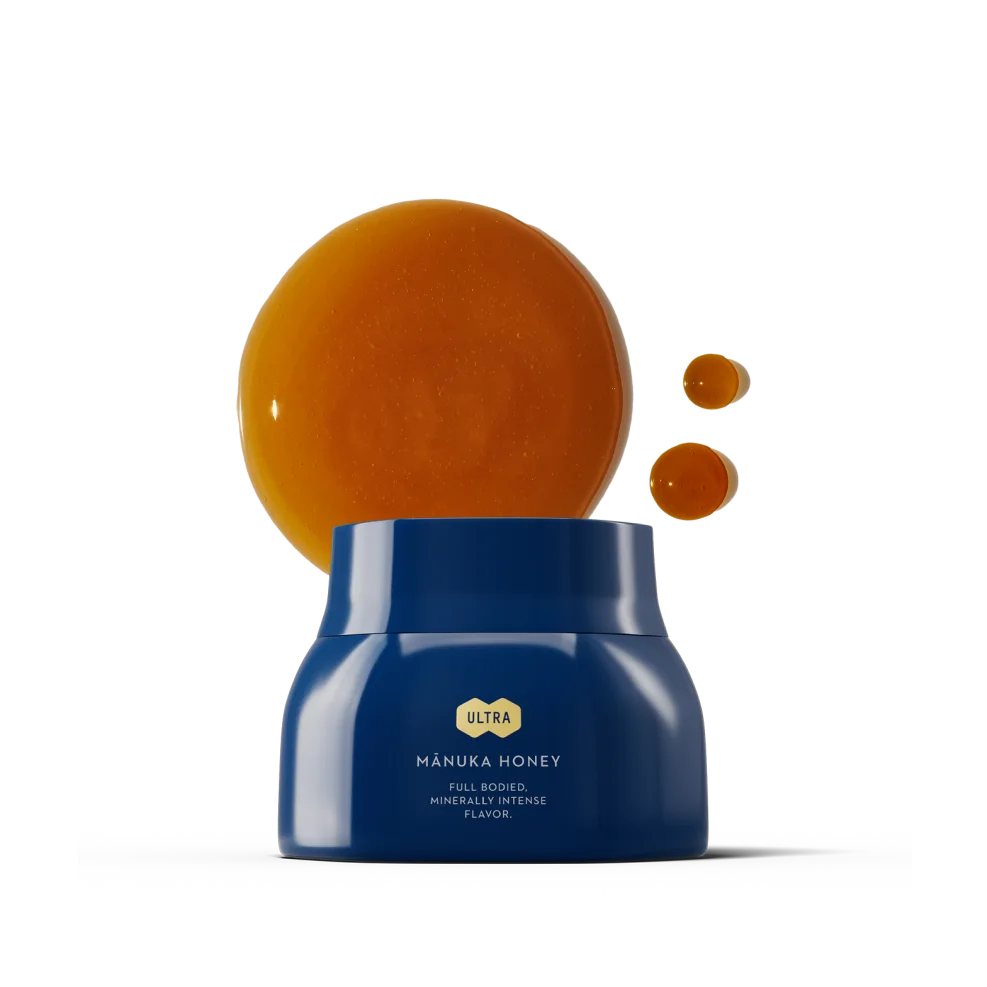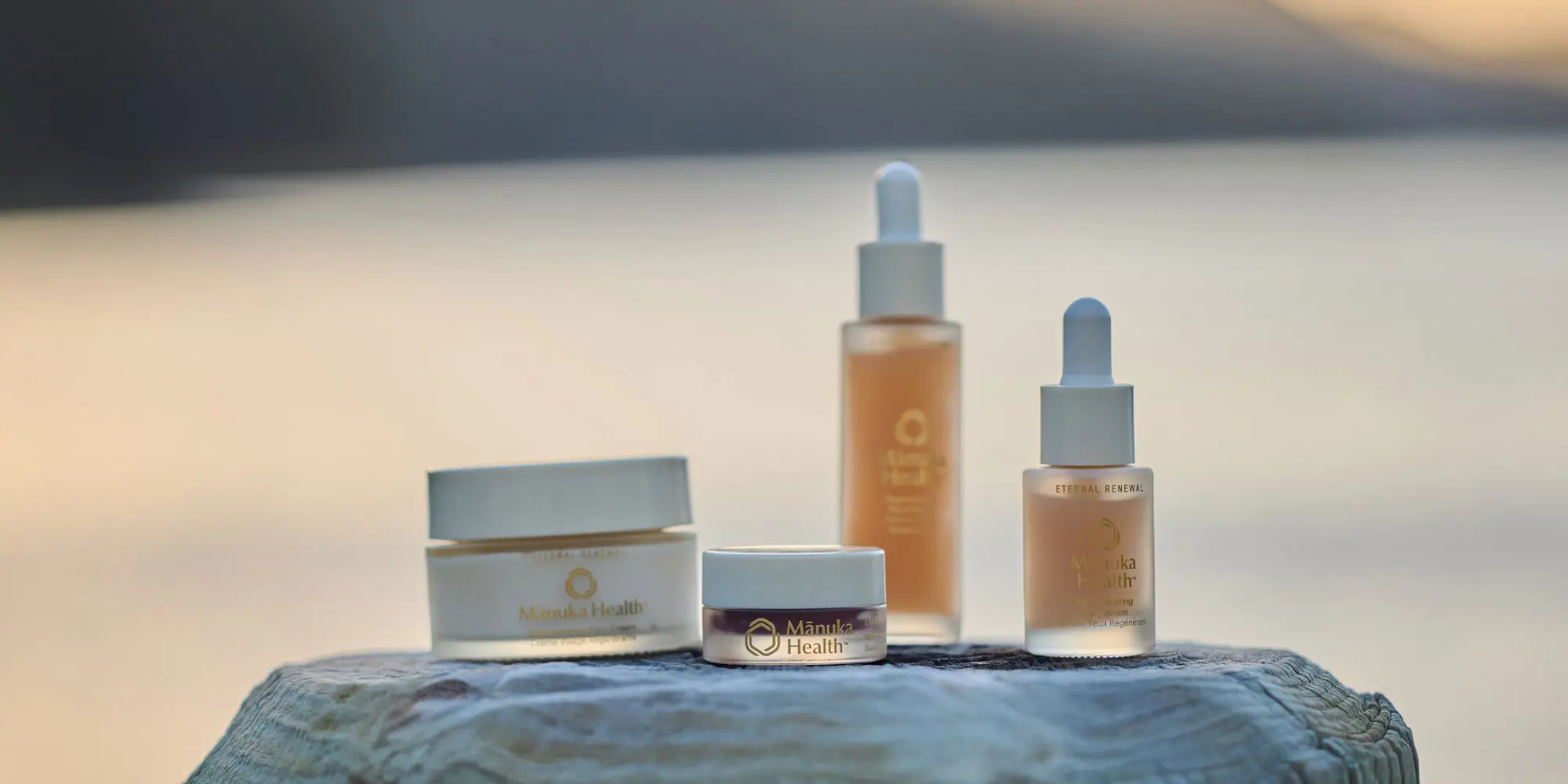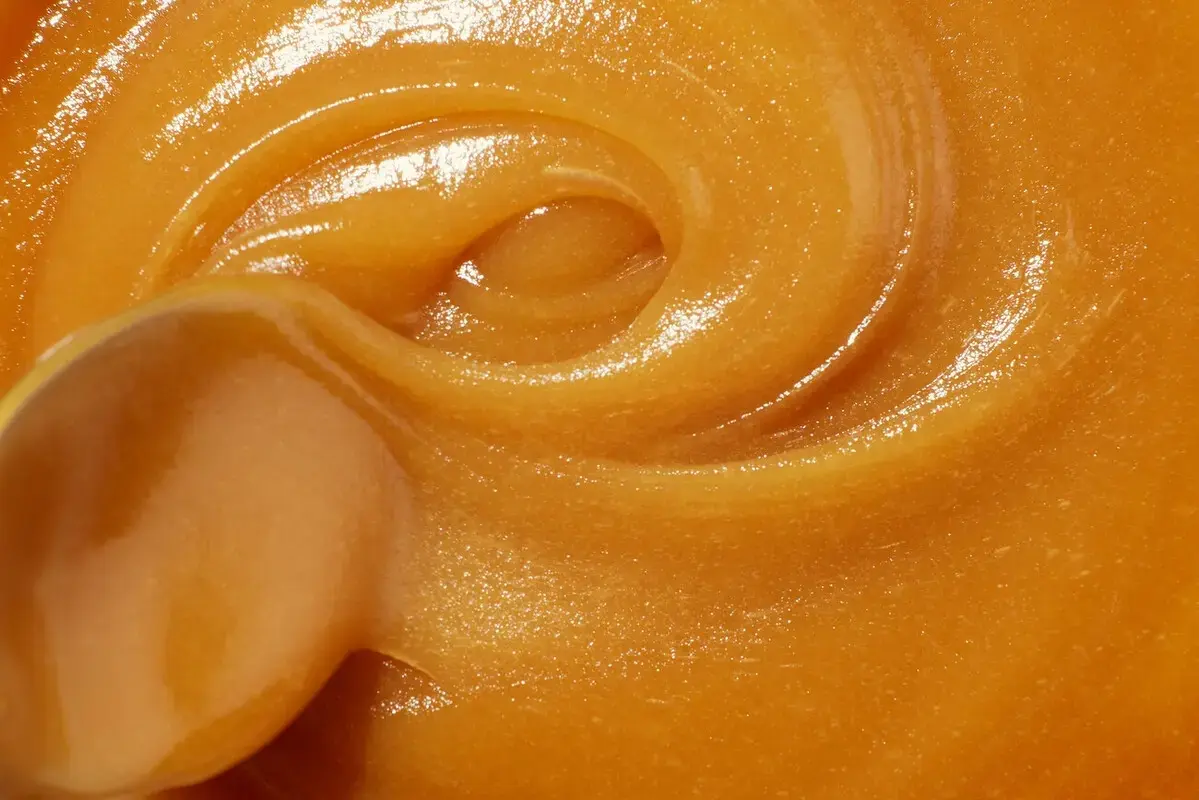CHOOSE YOUR LOCATION
Please select which country you are shopping in.

- Shop
- Immune Support
Extra Immunity Support
Immunity Elixir ShotsPropolis Throat SprayDaily Defense
Propolis 1-A-Day Capsules Mānuka Honey
- Learn
- Contact Us
Contact Us
Contact UsAffiliate Program
- Start Your Wellness Quiz
Understanding MGO Ratings: How to Choose the Right Mānuka Honey for You

When it comes to choosing mānuka honey, one of the key factors to consider is its MGO rating. MGO, or methylglyoxal, is the compound responsible for many of the unique properties of mānuka honey. Here's a closer look at what MGO ratings mean and how to select the right level for your needs.
Shop our Mānuka Honey CollectionWhat is an MGO Rating?
The MGO rating indicates the concentration of methylglyoxal in mānuka honey. This rating provides insight into the honey’s potency and effectiveness. Essentially, the higher the MGO rating, the greater the concentration of methylglyoxal, which typically means a more potent product with enhanced antibacterial and therapeutic properties.
Other Factors to Consider Beyond the MGO Rating
MGO levels can vary significantly, so to ensure potency, the honey should be tested and certified for its natural MGO content. Although the MGO rating is important, other factors should also be considered when selecting mānuka honey:
Unique Mānuka Factor (UMF)
The UMF rating is a key quality indicator that evaluates the honey's antibacterial activity. It works alongside the MGO rating to further ensure the honey's authenticity and effectiveness. UMF ratings offer third-party verification and transparency about potency. A dual rating with both MGO and UMF provides the highest level of assurance for potency, quality, and authenticity.
K-Factor
K-Factor indicates the pollen content, revealing what percentage of the honey is mānuka. However, pollen content does not reflect the potency of mānuka honey. The New Zealand Government's updated testing requirements do not recognize pollen alone as a reliable marker of authenticity.
Active or Bioactive
The terms "Active" or "Bioactive" refer to the general activity of honey but do not specify its potency. These labels are non-specific and do not indicate the strength of mānuka honey unless accompanied by an MGO rating. The New Zealand government prohibits the use of these terms on mānuka honey products unless MGO levels are also stated.
Source and Authenticity
Ensure that the mānuka honey is sourced from reputable producers and is verified for its MGO content. Authentic mānuka honey will have a credible certification, which guarantees that you are getting a genuine product with the claimed MGO level.
Packaging and Labeling
High-quality mānuka honey should be clearly labeled with both the MGO and UMF ratings. Check for certifications and authenticity markers on the packaging to ensure that you are purchasing a premium product.
Understanding MGO ratings is essential for selecting the right mānuka honey for your needs. By paying attention to the MGO level, along with other quality indicators such as UMF and source verification, you can make an informed choice and maximize the benefits of this remarkable honey.
Our mānuka honey carries a 100% New Zealand Guarantee of Origin, is certified and scientifically proven to be rich in methylglyoxal (MGO) and is sustainably harvested to preserve its valuable properties.
Shop our Mānuka Honey CollectionWhy Choose Mānuka Health Honey?
Every batch of Mānuka Health honey is traceable all the way back to the dedicated beekeeper who nurtured it. We are among a select few honey producers who manage every step of the process, from caring for our own hives to extracting, processing, and bottling our honey in state-of-the-art facilities. This hands-on approach ensures exceptional quality, integrity, and authenticity at every stage, preserving the honey’s remarkable natural properties.
Each drop is rigorously tested and third-party certified for purity and potency. Our “liquid gold” is more than just a phrase, it is a promise, with every jar traceable back to its exact source.
Certified, authenticated, and deeply rooted in the pristine landscapes of New Zealand, Mānuka Health honey reflects the highest standards of excellence, from hive to jar and into your home.

